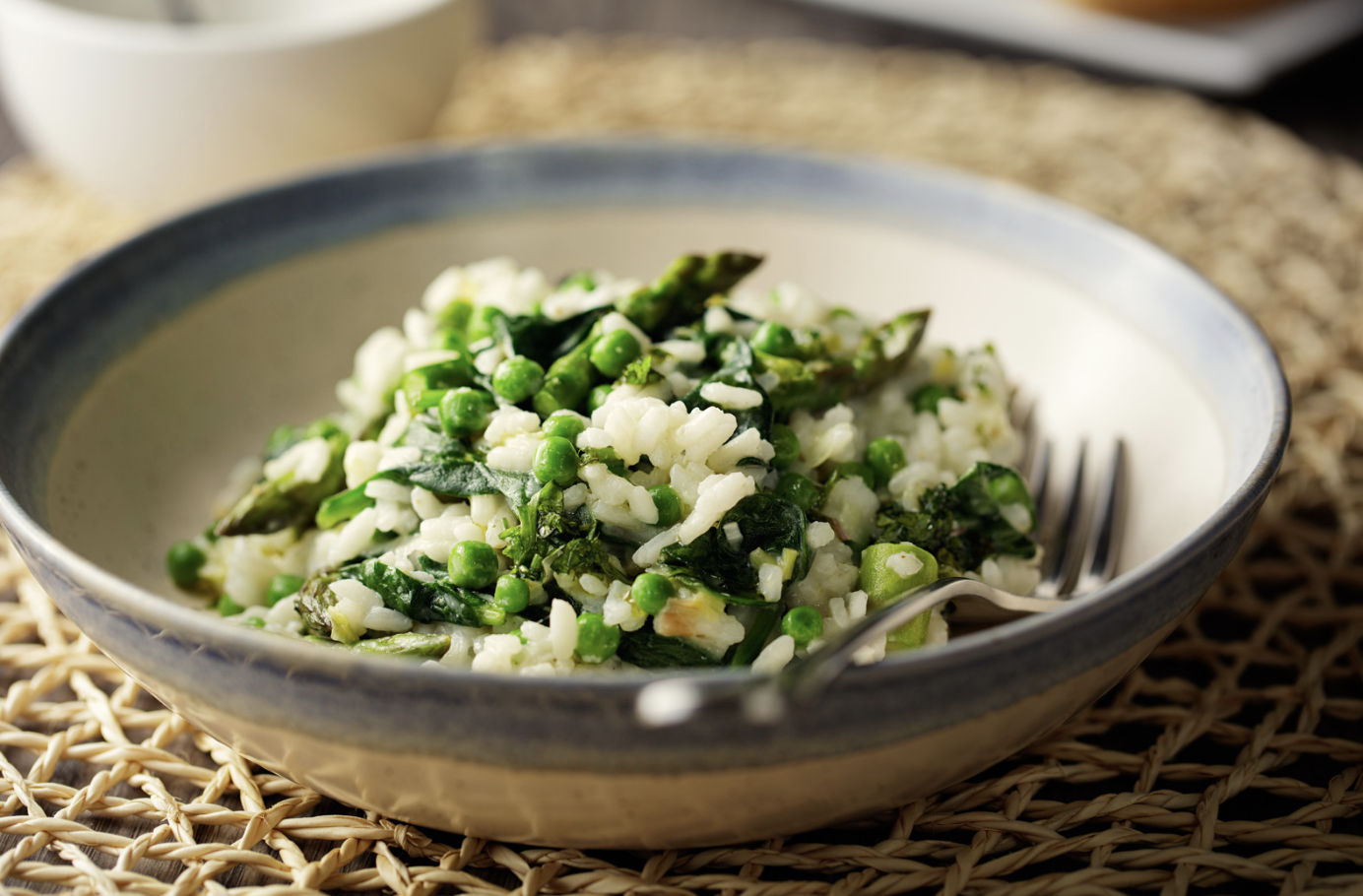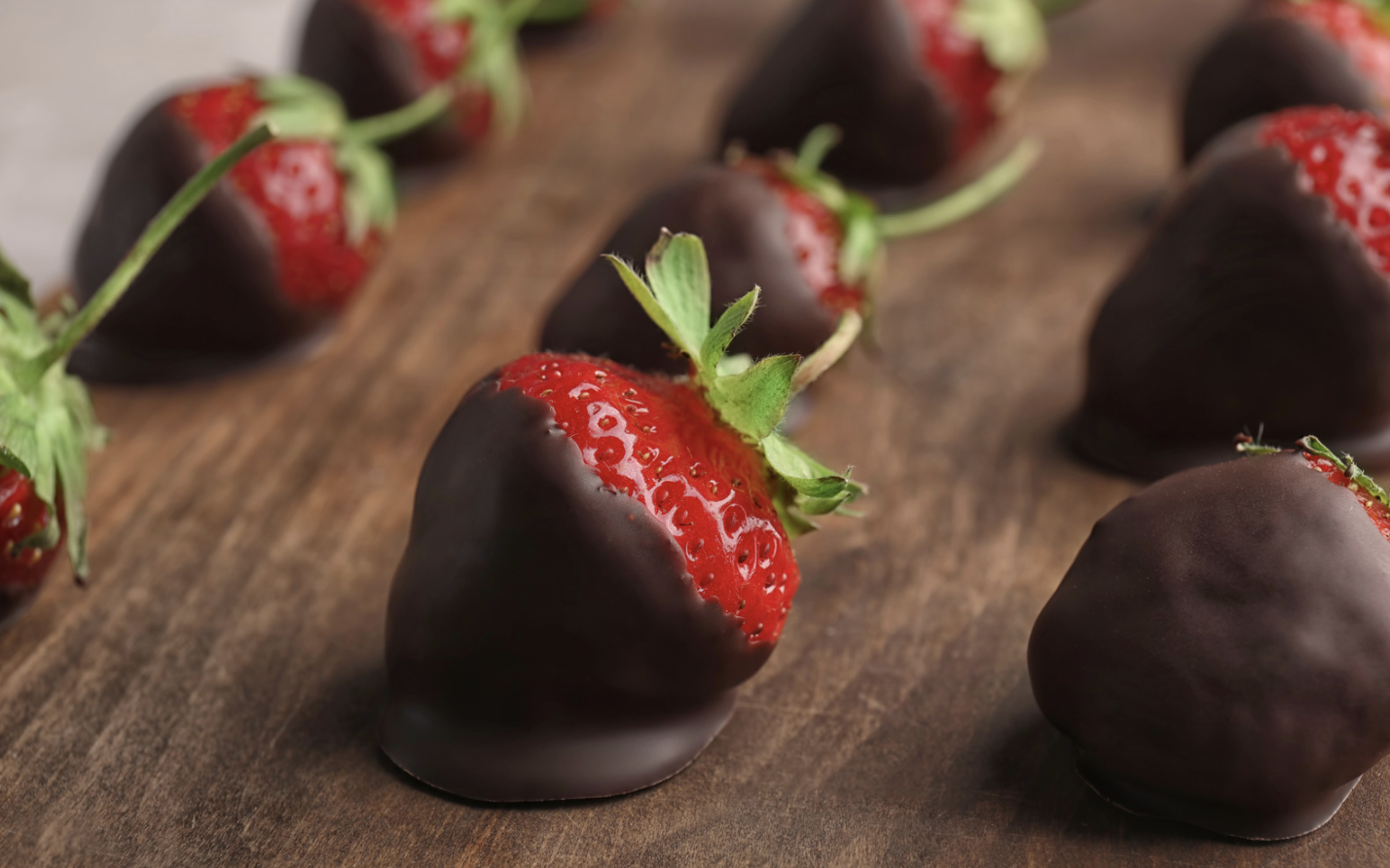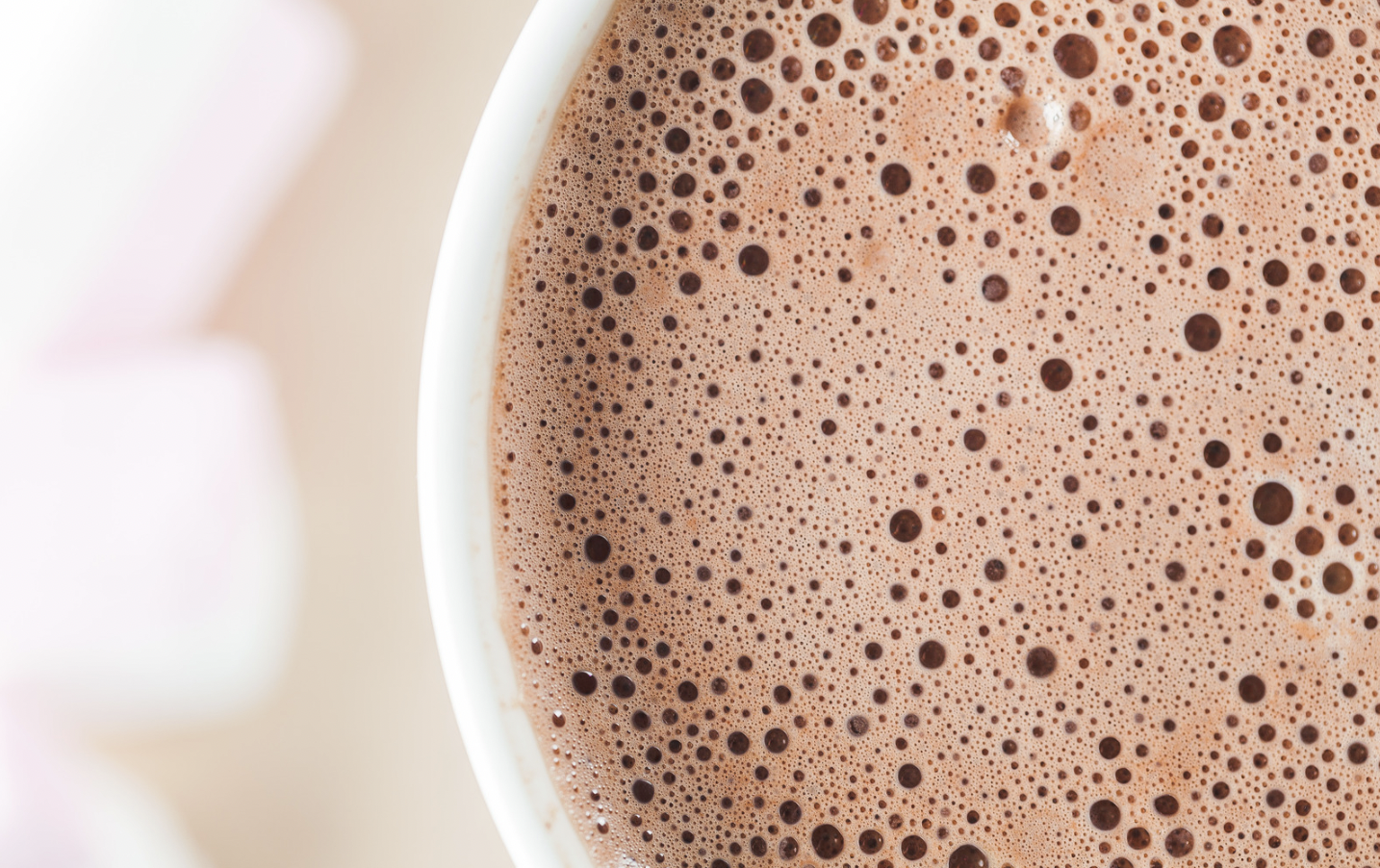Beyond the Bedside: Heart Disease
Dr. Eric Sensenbrenner “Heart disease” is a term that can be used interchangeably with cardiovascular disease. Both describe poor blood flow to the heart, brain, or other parts of the body that result in tissue damage such as a heart attack, heart failure or stroke. Every minute, someone in the United States dies from heart disease. Risk factors for cardiovascular disease include age, gender, family history, high blood pressure, high cholesterol, diabetes, smoking, and obesity. As you can see, we are unable to control or change some risk factors which poses a challenge to preventing cardiovascular disease. For those risk factors we can control, we try to maximize treatment through diet, exercise, and medication to best reduce a patient’s risk. It is important to know if anyone...






